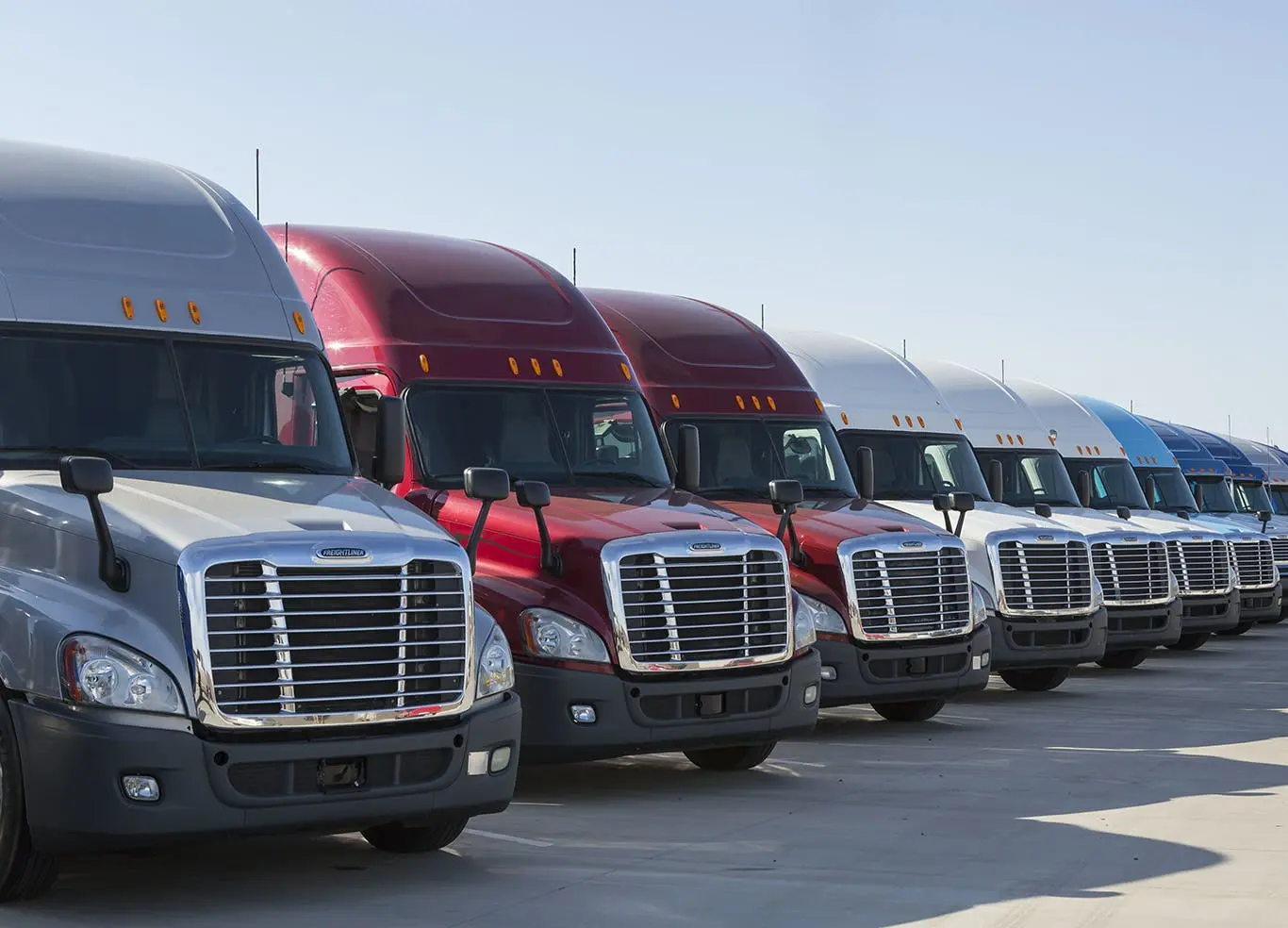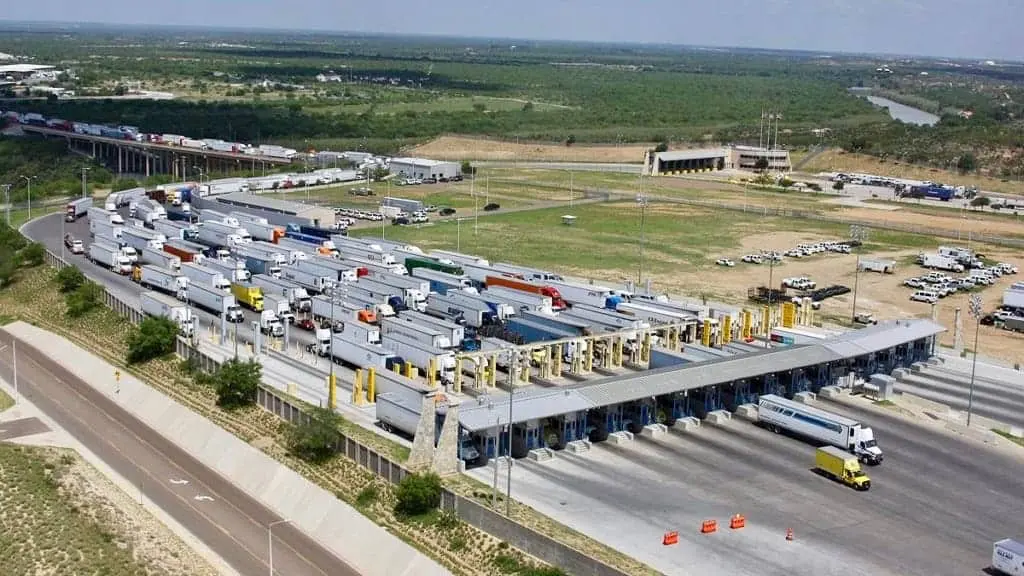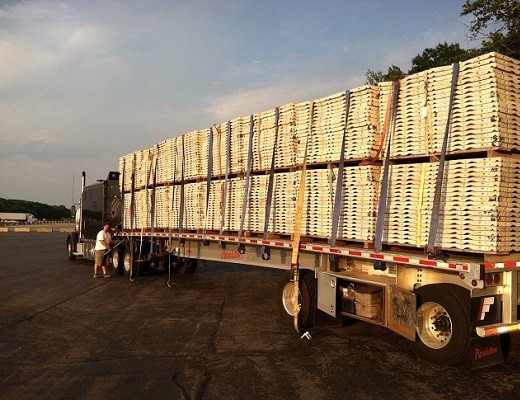

What is a power only trucking?
Choosing the optimal method for transporting goods from point A to point B amidst a plethora of available options is no simple task. If you’ve come across power-only trucking and are skeptical about its benefits or don’t have enough understanding about the power only loads meaning, you’re not alone.
- What is power only freight?
- Types of Companies Using Power-Only Trucking
- Advantages of Power-Only Trucking
- Disadvantages of Power-Only Trucking
- Who Can Help You with Getting Better Power-Only Loads?
Power-only trucking has been a reliable solution for shippers, aiding in meeting deadlines and optimizing budgets for decades. However, the crucial question remains: is it the right fit for your business, and can it genuinely simplify your operations?
In this discussion about power-only freight trucking, we will explore its advantages and disadvantages, providing you with the information needed to make an informed decision for your business.
What is power only freight?
Power-only trucking involves transporting freight where a carrier supplies the semi-tractor and truck driver (referred to as a “power unit”) needed for hauling, excluding the trailer. This method proves convenient for shippers who own or lease their fleet of trailers for outbound freight.
Instead of searching for both truck and trailer capacity, shippers utilizing power-only trucking collaborate with their transportation partner to locate a suitable power unit in their vicinity and match it with their freight. The selected driver, known to the provider based on past performance, secures the freight, attaches the trailer, and hits the road after signing a trailer interchange agreement.
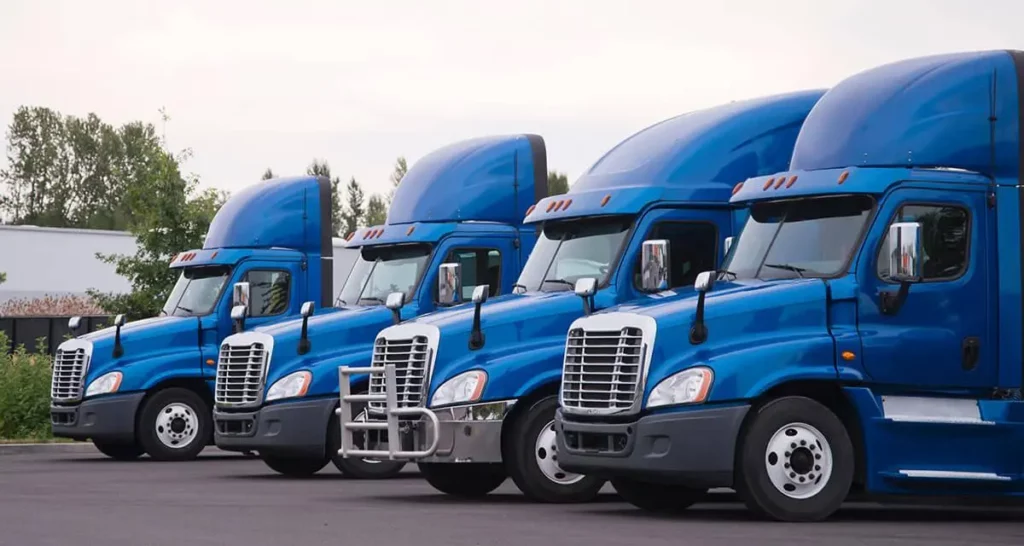
Types of Companies Using Power-Only Trucking
Primarily adopted by companies consistently shipping open-deck or dry van commodities, power-only trucking is favored by those with a pool of trailers and limited trucks/drivers. This method accommodates open-deck and dry van freight that can sit fully loaded while a driver is secured. Companies without ample space or a pool of trailers may find power-only trucking challenging.
Perishable commodity movers, such as those dealing with refrigerated freight, usually cannot leverage power-only trucking due to the critical timing of their shipments.
Advantages of Power-Only Trucking
Power-only trucking has become integral to many supply chains due to several advantages:
Greater Efficiency in Supply Chain: By eliminating the wait for trailer loading, shippers can focus on enhancing production schedules and maintaining profitability. Power source transportation providers can coordinate pickups that align seamlessly with each shipper’s needs, ensuring timely and reliable deliveries.
Cost Savings: Shippers can save money on upfront expenses by avoiding the investment in a fleet of semi-trucks and drivers. Power-only loads are often more appealing to truckers, optimizing their on-duty service hours, power only rates per mile and avoiding unnecessary waiting time.
Flexibility: Power-only shippers, with trailers on-site, can store freight until a suitable trucking solution is available. This flexibility allows for efficient sourcing of power-only capacity when and where needed, minimizing last-minute challenges.
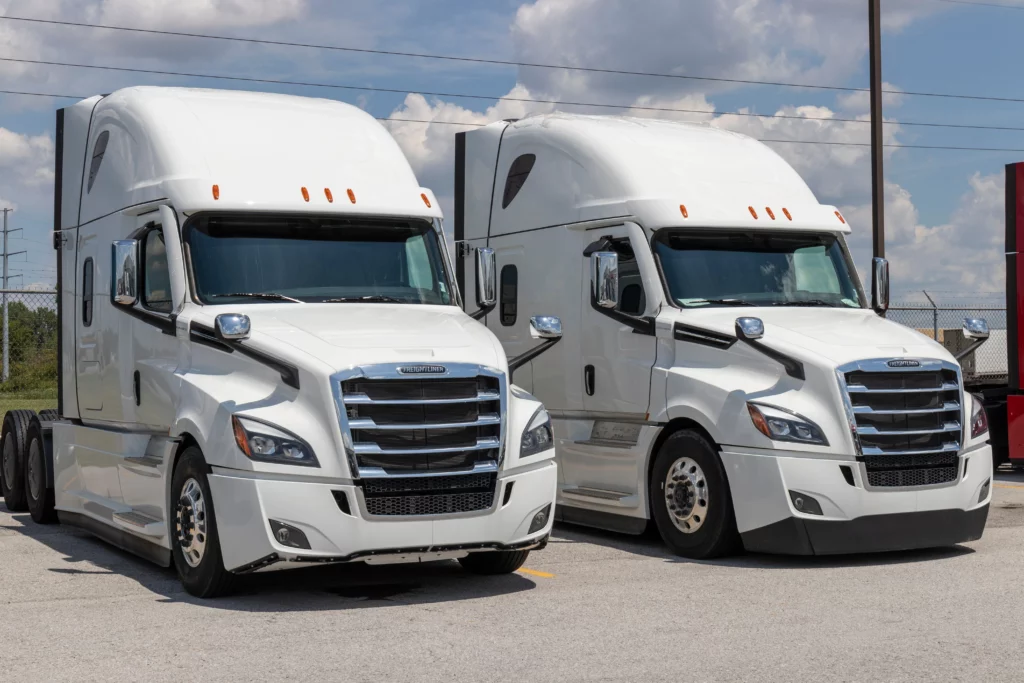
Disadvantages of Power-Only Trucking
While power-only trucking offers numerous benefits, it comes with its own set of challenges:
Trailer Maintenance: Shippers utilizing power-only trucking must consistently maintain and service their fleet of trailers, incurring associated costs. Routine upkeep, including checks on landing gear, brake lights, and kingpins, is essential to prevent delays and ensure safe transportation.
Cost Implications on Short Notice: Urgent shipments, including power-only loads, often incur higher costs. Deadheading expenses for drivers heading to facilities on short notice can impact budgets. Establishing contracted rates with providers can mitigate these challenges for consistent power-only shippers.
Logistical Complications: Returning power-only trailers to their origin can be costly, especially if not efficiently utilized. Shippers must exercise meticulous logistical oversight to maximize each trailer’s usage, making power only trucking feasible for cyclical shipments or return trips.
Who Can Help You with Getting Better Power-Only Loads?
In the dynamic landscape of freight transportation, streamlining operations is paramount. For power only trucking companies seeking enhanced efficiency and seamless logistics, partnering with Logity Dispatch can be a game-changer. Logity Dispatch specializes in connecting power-only shippers with reliable and qualified power units. Leveraging their expertise, they navigate the intricacies of power-only trucking, ensuring a hassle-free experience for owner-operators.
By using Logity Dispatch for power only dispatch services, power-only truck drivers can benefit from optimized route planning, reduced downtime, and improved overall logistics. This strategic partnership empowers owner-operators to focus on what they do best – hauling freight – while Logity Dispatch handles the complexities of coordination, ensuring a mutually beneficial and efficient collaboration in the ever-evolving world of power-only trucking.


